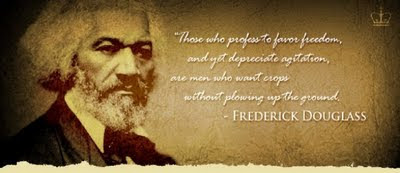Try to be kind.
• Kind people try not to offend others.
• Just because it is true does not mean it must be said.
Say what must be said.
• Giving offense sometimes is unavoidable.
• When a truth must be spoken, it is irrelevant that some may find it offensive.
Speaking truth is more important than worry about how it will be received.
• Some portray themselves as offended in order to manipulate others. These are tyrants and should be given no consideration.
• Fear of giving offense must never constrain legitimate freedom of expression.
Tolerate differences, reject lies.
• Differences of opinion are normal. In a free society, we respect differences of opinion.
• Misrepresentations of fact are a threat to freedom and must be exposed. When a result of ignorance, they must be corrected. When a result of deception, they must be condemned.
 |
| 'Freedom of Speech' from the Four Freedoms series by Norman Rockwell (1943) |
"The Truth Will Set You Free."
Gryphem



































